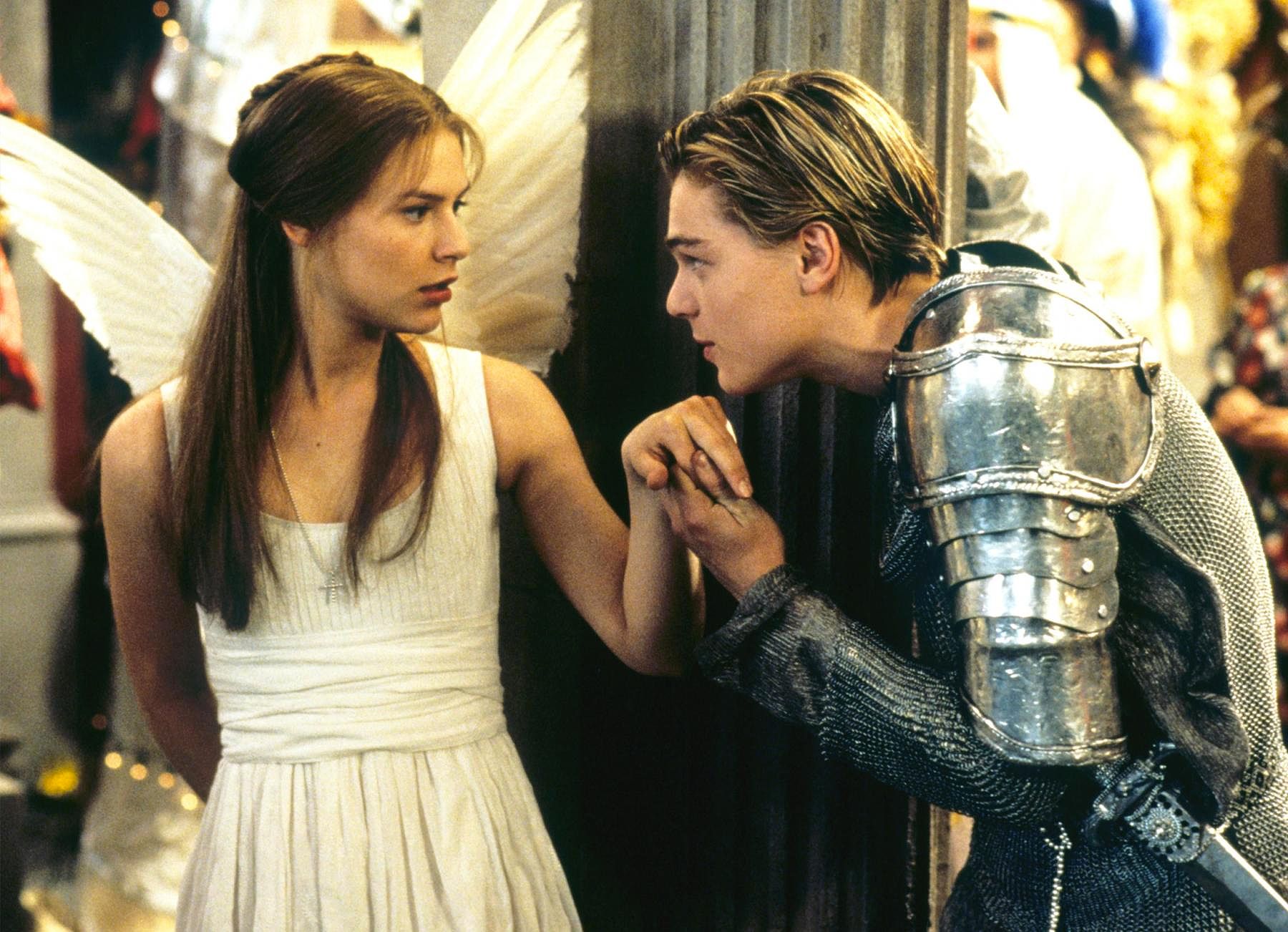Oh, English. Just when we’re starting to feel good about you, your strange pronunciation techniques strike again!
Monday, March 7, 2022
The combination “ough” can be pronounced in 10 different ways
Saturday, March 5, 2022
The British Empire and the iPhone are some of the biggest reasons English is so widespread today
Some of you may wonder why English is such a popular language worldwide today. While there are many reasons, here are some of the biggest.
The British Empire refers to the period between roughly the late 15th to 17th century and the 1960s, when England had vast territories and colonies all over the world. Essentially, this was when England controlled large portions of Europe, North America, Africa and the West Indies.
You can imagine how English would’ve spread globally with such an enormous empire.
The second big English boost occurred with the rise of the U.S. in the 20th century, when the country became one of the biggest international players in social, economic and political affairs.
Lastly, many of the recent technological and scientific advancements have come from English-speaking countries. Just consider international words like internet and iPhone.
Most English words come from French or Old English
Following the Norman Conquest in 1066, French became the language used by the nobility in Britain. Meanwhile, the peasants and lower classes continued to use Old English, which was made up of Germanic vocabulary.
Eventually, inter-marriage brought about a mixing of the two languages, and Middle English—which is much closer to today’s English—was born.
Why’s this matter to English learners?
Well, this history can help you figure out when to use certain words. The words that came from French are often considered more formal or sophisticated, while words that came from Old English are more informal.
Take the words commence and begin, which both mean “to start.” Commence is a much fancier word. Native English speakers would only use it in more formal settings.
For example, you could use it while discussing business affairs: “The marketing team commenced work on the project.”
On the other hand, begin is a more casual word that native speakers use frequently.
Can you guess which word comes from French and which one comes from Old English?
Commence is basically the same word that the French currently use: commencer (to start). The word begin comes from the (now unused) Germanic word beginnan, which also meant “to start.”
Thursday, March 3, 2022
Shakespeare added over 1,000 words to the English language
Shakespeare added over 1,000 words to the English language
Almost everyone in the world has heard of the great William Shakespeare, the famous English poet and playwright of the 16th century. From love sonnets to plays like “Romeo and Juliet” and “Hamlet,” Shakespeare has greatly influenced English literature.
But did you know that the English language itself wouldn’t be the same without Shakespeare?
Shakespeare invented over 1,000 words, which he incorporated into his writing. Today, native English speakers still use these words in everyday speech.
Just some of the fantastic words and phrases invented by this famous poet include:
Addiction — Being psychologically or physically dependent on something, usually a drug.
Bedazzled — Blinded by something incredibly wonderful.
Cold-blooded — Either an animal with cold blood (like a reptile) or a way to describe someone who’s cruel and indifferent to emotion.
Swagger — To walk in a way that shows you’re boasting or disrespectful.
Break the ice — To relieve the tension or silence in a conversation by talking.
To see some of the other interesting sayings and words Shakespeare invented, check out these articles from Mental Floss and The Intrepid Guide, as well as this great article from Open Culture.
Wednesday, March 2, 2022
Much of English is foreign
Much of English is foreign
The English Language is an eclectic mix of Indo-European, old Norse, Greek, Latin, German, French…(and other sources). Many everyday words come from afar, such as jodhpurs after the Indian city, chocolate from Aztec, anorak from Eskimo, aficionado from French, embargo from Spanish, and so on. To this day new words are added from diverse sources and goodness only knows what will happen to text language, OMG I hope not, TIME, CU Wordsworth. To think that the rest of the world is also using these acronyms, I mean can’t they think up their own?
Foreigners can find English hard to understand
Foreigners can find English hard to understand

I was down the pub having some nosh when
I noticed this nutter going in and out the loo.
I said to my mate: “Bet you a tenner there’s
something well dodgy going on there.” “I
should mind your beeswax” he replied, “I’m
off to Bedfordshire.” Just as the nutter was
going back into the loo, Bob’s your uncle,
the Fuzz arrived.
Gobsmacked, my mate fell off his stool (actually I think he was plastered).
“Keep your hair on,” I said. “The coppers are here for him, not you.” As a
classroom activity, work on different paragraphs like the one above, in
small groups, and provide a translation in proper English!
Less radical than slang for the English language classroom are metaphors
and similes. The English are champions for quirky metaphors. While the
French say it’s raining ropes, the Spanish say it’s raining jugs, the Italians
say it’s raining like a shower, all of which give a good visual of very heavy
rain, the English say it’s raining cats and dogs. Where did they come from?
Call my bluff definitions is a fun language game to work with metaphors
and help expand a student’s knowledge of English. Check the resource
box below the blog for a link to language learning activities.





